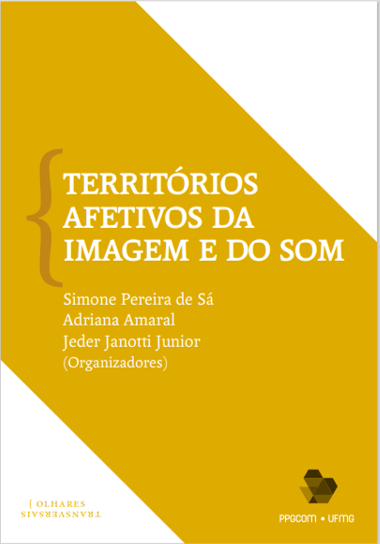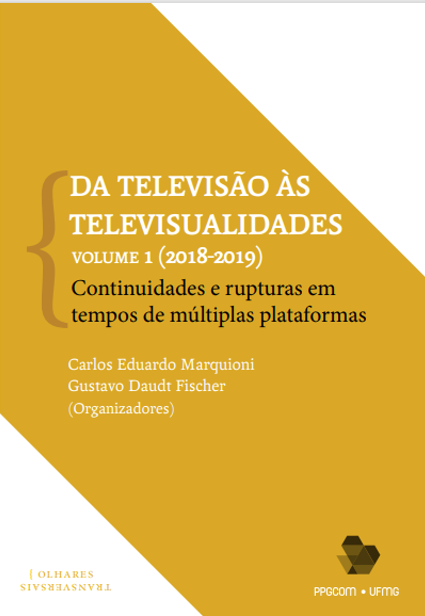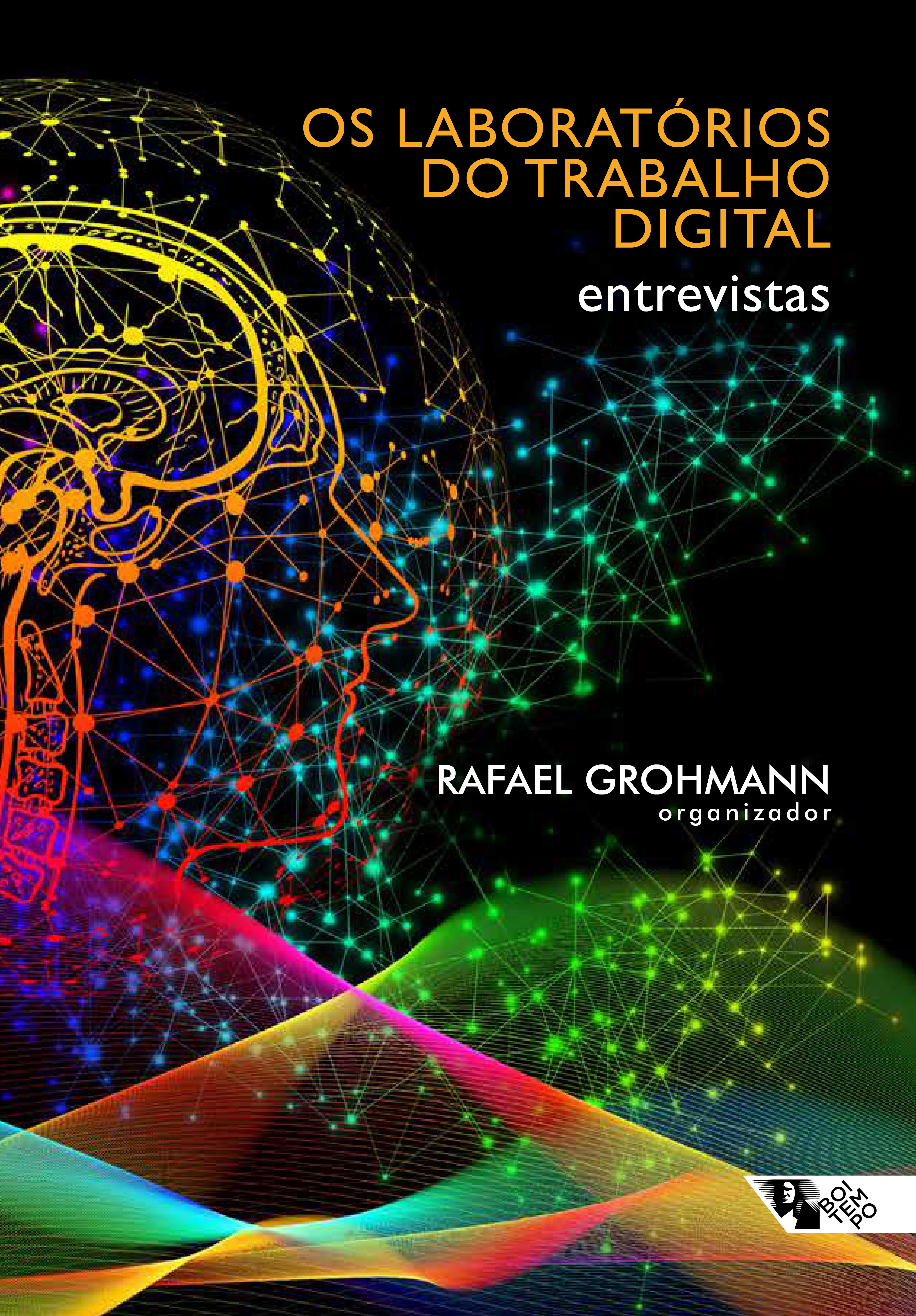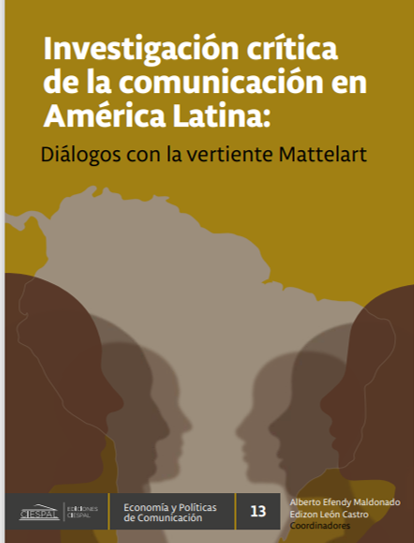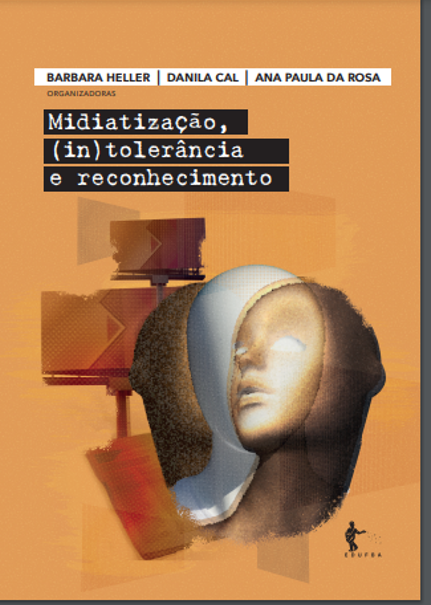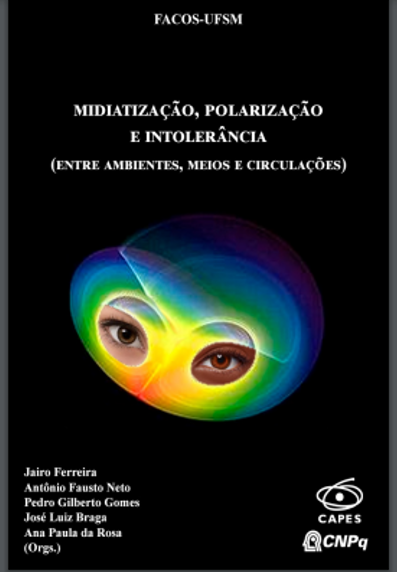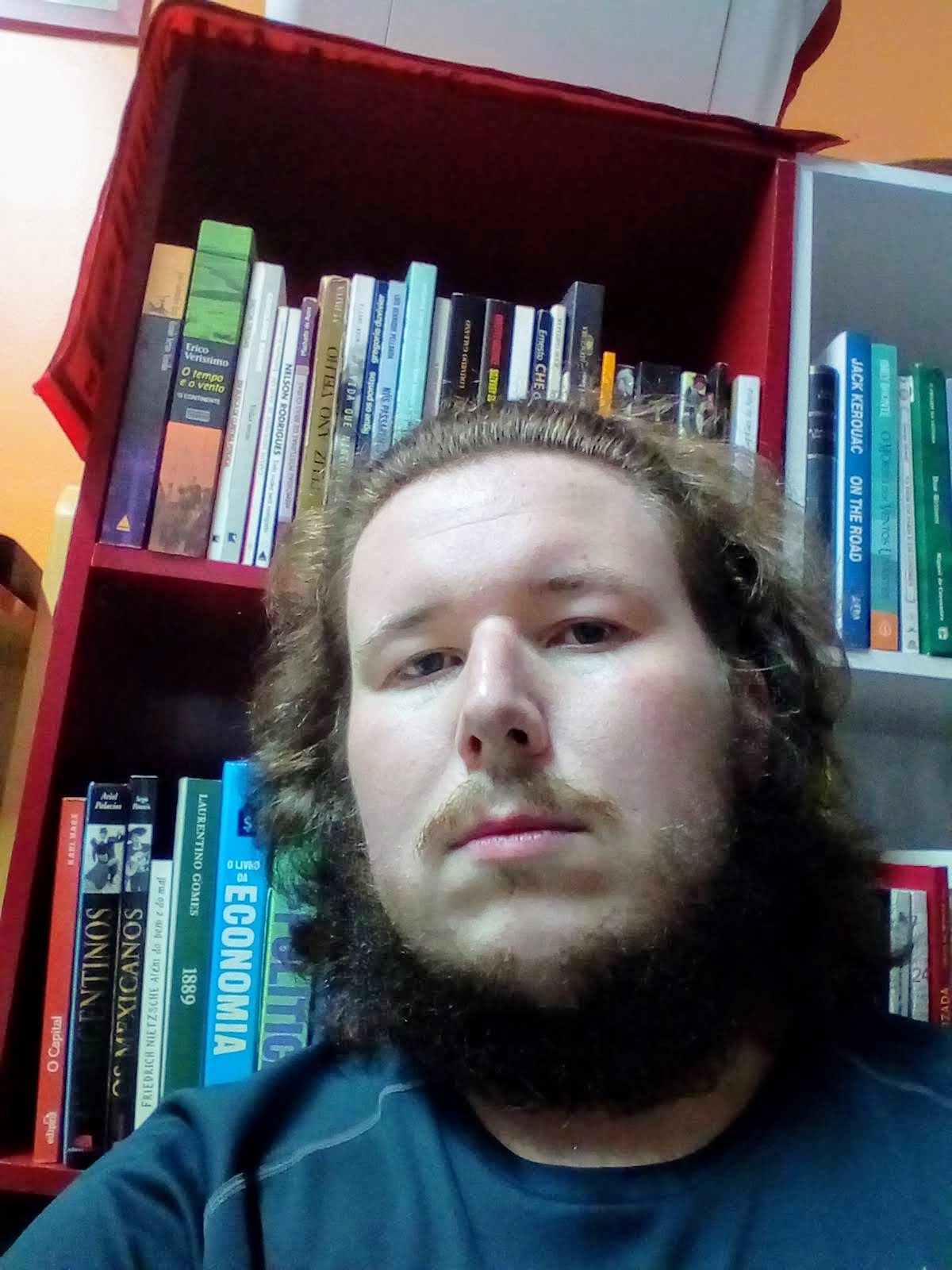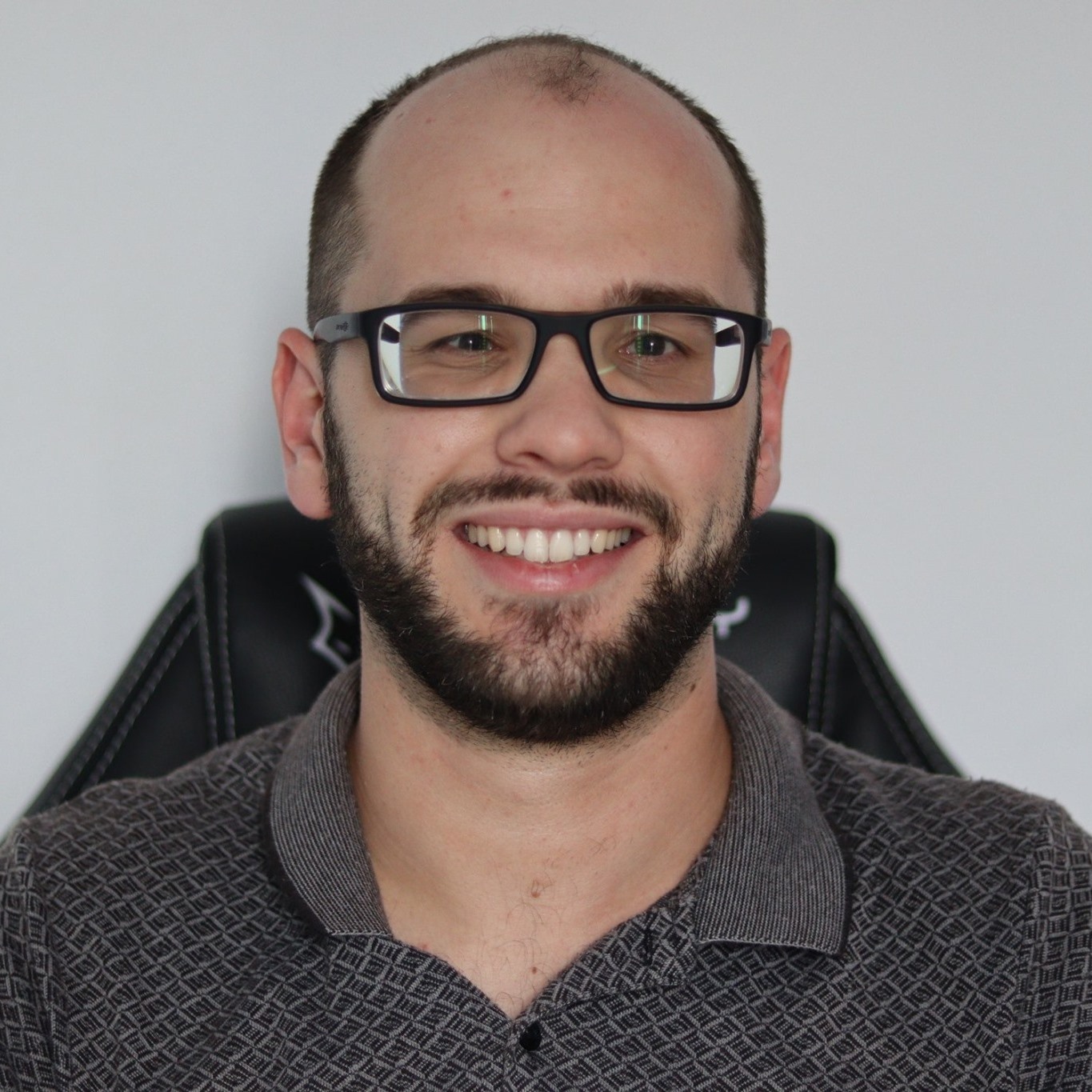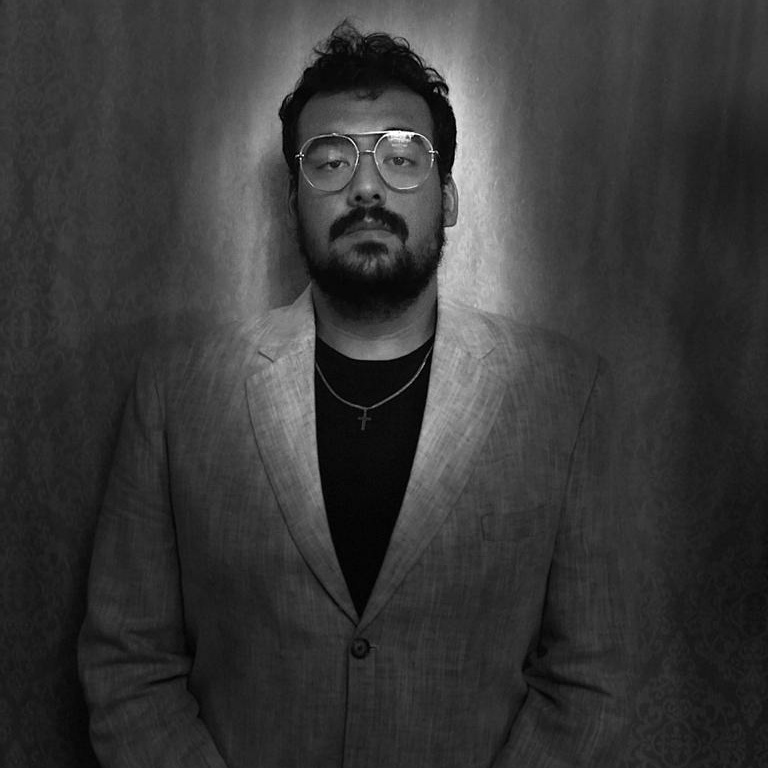Mechanical Engineering (MSc/PhD)
Overview
With a focus on transdisciplinary training, the Graduate Program in Mechanical Engineering at Unisinos, at the PhD level, promotes the training and qualification of professionals to work in research, development and innovation. The PPG in Mechanical Engineering, in the area of Energy Engineering, is recommended by Capes, and maintains a permanent relationship with partners internal and external to the institution, in addition to developing projects with other universities, companies and national and international organizations.
Energy is one of the essential elements for the sustainable economic development of society. Within this premise, the objective of the program is to achieve excellence in research in the area of Energy Engineering, reflected in the quality of the masters and PhD graduates, and in the quality of their scientific, technological and innovation production.
PPGEM works hard so that its graduates are researchers prepared to work in the various sectors - industry, academia, governmental and non-governmental bodies, companies - with knowledge and autonomy, and an ethics to protect life and the environment.
From the definition of the lines of research and the design of the course in order to guarantee space for a global view of energy in its multiple applications, PPGEM has a transdisciplinary view and aims to train PhDs in Energy Engineering with autonomy to lead research activities , development and innovation, able to propose, develop and coordinate scientific-technological research projects, both in teaching and research institutions, as well as in the production of goods and services sectors. The performance of this professional is aimed at promoting the advanced solution of problems, related to the “Energy” concentration area, with all its breadth and possibilities of transdisciplinarities.
The main specialties of the graduates of the PPGEM are in matters related to the development and analysis of thermal and energy systems and to the management and optimization of energy generation and use processes, as well as in energy efficiency and reduction of resource consumption (energy, water and materials) of manufacturing processes. PPGEM has an excellent infrastructure of experimental and computer labs. The experimental laboratories are equipped with solar thermal and photovoltaic energy systems, refrigeration, engines, fluidized bed, and a pyrolysis reactor, chemical, physical, thermal and structural characterization of materials, among others. Advanced management, simulation and optimization tools are used, such as Computational Fluid Dynamics (CFD), Cleaner Production (P + L), Life Cycle Assessment (LCA) and Constructal Design.
This program is also available:
Check it out:
Emphasis: Energy Engineering
The Energy Engineering concentration area encompasses the study of the processes of conversion, transmission and storage of Energy. The research focuses on the analysis and optimization of thermal systems, aiming at obtaining greater energy efficiency, mainly in the area of renewable energies. Various tools are used, such as computer simulation, experimental tests, thermodynamic modeling and analytical studies.
Lines of action
Line dedicated to the study, analysis, modeling and simulation of thermal systems and flow processes, in order to better understand the physical phenomena involved in the most diverse processes. Based on the results, technology development and design modifications for each particular system can be designed and tested in order to improve performance and minimize energy consumption.
In addition to the fundamentals of thermodynamics, heat transfer and fluid mechanics, experimental, analytical and numerical simulation tools, applied to studies of thermal and energetic systems. The latter consist of heat transfer and energy conversion equipment and processes: intensifying surfaces for heat transfer, multiphase flow and phase change, heat exchangers, refrigeration systems, air conditioning and ventilation, thermal storage, thermoenergetic conversion, combustion processes, flows and thermal processes in biological systems, among others.
This line studies the performance of energy systems based on optimization techniques, application of renewable energy systems, such as solar thermal used in applications involving water heating and process and solar heat generation, photovoltaic for electric power generation systems, more economically and environmentally sustainable material applications, assessment and minimization of environmental impacts associated with construction systems, buildings and industrial processes in general. We seek to change raw materials and inputs, minimize losses of raw materials and energy and use solid waste, especially biomass, and thermal waste, for better use and energy efficiency.
PHD CURRICULUM
To complete the Doctoral Course, the student must fulfill thirty-six (36) credits, being: twelve (12) credits in mandatory subjects; twenty-one (21) credits in optional subjects; encouraging the publication of articles in journals related to the subject of the Thesis; approval of the Thesis by the Examining Board.
Required Courses (9 credits)
- Applied Thermodynamics (3 credits) - Mathematical Methods for Engineering (3 credits) - Scientific Methodology (3 credits) - Seminar of Thesis (3 credits)
Optional Courses
- Heat transfer (3 credits) - Fluid Mechanics (3 credits) - Thermal Systems Design and Simulation (3 credits) - Experimental Techniques (3 credits) - Combustion (3 credits) - Introduction to Numerical Simulation (3 credits) - Boiling and Condensation (3 credits) - Advanced Tools in Environmental Management (3 credits) - Energy Efficiency (3 credits) - Energy Systems Optimization (3 credits) - Solar Photovoltaic Energy (3 credits) - Solar Thermal Energy (3 credits) - Building Simulation (3 credits) - Constructal Theory and Design (3 credits) - Material Sciences (3 credits) - Biomass to Energy – Technologies and Environment (3 credits)
PROFESSORS
The student of the Mechanical Engineering Graduate Program has at your disposal a faculty composed mostly of masters, doctors and post-doctor, with national and international training and recognized professional experience.

Carlos Alberto Mendes Moraes
Doutor em Course on Materials Science cmoraes@unisinos.brPhD in Materials Science from the University of Manchester Institute of Science and Technology, UMIST (England). Worked as a visiting scholar at Sogang University (South Korea). Develops research in the areas of Industrial solid waste, Process optimization for the minimization of waste, advanced environmental management tools, Cleaner production, Life cycle analysis, Characterization, valuation and recycling of materials and industrial solid waste.

Jacqueline Biancon Copetti
Doutora em Engenharia jcopetti@unisinos.brPhD in Engineering from the Universidad Politécnica de Madrid. Areas of interest: Thermal Engineering, more specifically in single-phase and two-phase heat transfer of refrigerants in mini and micro scale Heat exchange equipment, compact heat exchangers and heatsinks Refrigeration and Cryopreservation of biological material and Concentrating solar thermal energy systems.

Paulo Ricardo Da Silva Pereira
Doutor em Engenharia Elétrica PRPEREIRA@unisinos.brProfessor and researcher at the itt Chip and Polytechnic School of UNISINOS. He graduates in Electrical Engineering at Unisinos University, completed MSc and PhD in Electrical Engineering at Federal University of Santa Maria. He has experience in the area of Electrical Engineering, with an emphasis on Electricity Distribution, working at utilities Certaja, RGE and CEEE-D. Coordinator of the Group of Studies and Research on Electric Power Systems (GESEP) and researcher at INCT-GD. His areas of interest are Automation and Intelligent Electric Grids (Smart Grids), Embedded Systems, Health Technologies, Simulation, Power Quality and Industry 4.0, Rural Electrification, Renewable Sources and Distributed Energy Resources.

Paulo Roberto Wander
Doutor em Engenharia Mecânica prwander@unisinos.brMechanical Engineer, PhD in Mechanical Engineering from the Federal University of Rio Grande do Sul. Areas of interest: renewable energies, biomass combustion and gasification, use of biofuels in internal combustion engines, energy efficiency, refrigeration and air conditioning.

Regina Celia Espinosa Modolo
Doutora em Ciências e Engenharia do Ambiente reginaem@unisinos.brAgronomist, PhD in Sciences and Environmental Engineering from the University of Aveiro / Portugal. Areas of interest: Agricultural and forest biomass, recycling of solid wastes from biomass combustion (light and heavy ashes), agglomeration phenomenon in fluidized bed technology.





